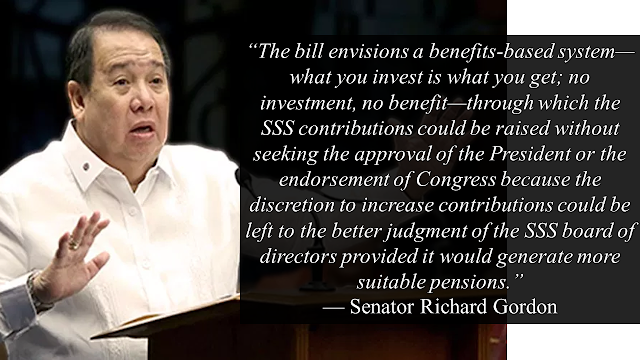In the light of the controversy surrounding Sexual Orientation and Gender Identity and Expression Equality(SOGIE) Bill, which seek to uphold the right of the LGBTQIA+ community, the Supreme Court junked the petition to allow same sex marriage.
Ads
The highest court of the Philippines has dismissed a petition to allow same-sex marriage, ruling that the applicant doesn't have a partner and therefore can't claim to be a victim of existing laws.
Jesus Falcis, a 33-year-old lawyer and a radio show anchor, sought to declare the provisions limit marriage to a union between a man and a woman under Articles 1 and 2 of the Family Code unconstitutional.
"I am out since the age of 15 and I suffered from discrimination throughout my school years, so I felt the need to advocate for LGBT rights," said Falcis, who filed the application in 2015. "I decided to use the tool of litigation, because it has been successful in other countries -- such as the United States -- to have gay marriage legalized."
However, the court dismissed his petition due to "lack of standing" and for "failing to raise an actual, justifiable controversy," as stated to the summary of the court ruling.
Ads
Sponsored Links
"I don't have a partner and therefore can't be considered as having suffered from the consequences of a law which bans gay marriage," Falcis explained.
Moreso, the court also held Falcis and his co-counsels liable for indirect contempt, accusing them of using constitutional litigation for propaganda purposes.
Falcis described the decision as "disheartening." In an attempt to avoid having his case dismissed on technicalities, he added a gay and a lesbian couple to his petition in 2016. "They had both previously tried and failed to have their marriage recognized and therefore constituted actual cases, but the court chose to ignore them and to focus on me instead," he said.
The court did however acknowledge that the 1987 Constitution "does not define or restrict marriage on the basis of sex, gender, sexual orientation, or gender identity or expression," the court summary said.
Even President Rodrigo Duterte once opposed the same sex union. However, he retracted his stance on the said issue during his speech in an LGBTQIA+ event.
An anti-discrimination law, called the SOGIE bill, is currently under review in parliament.
©2019 THOUGHTSKOTO
















